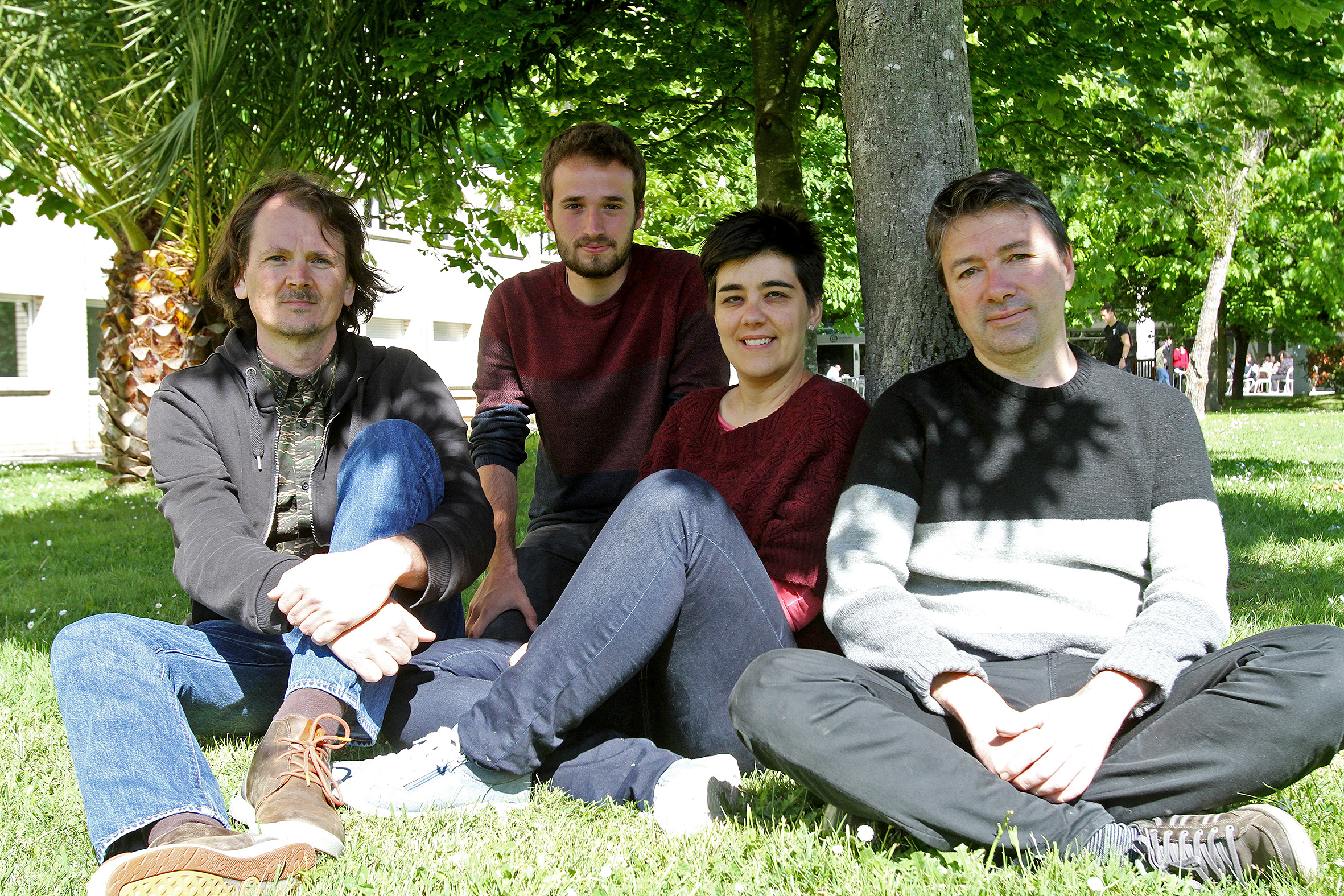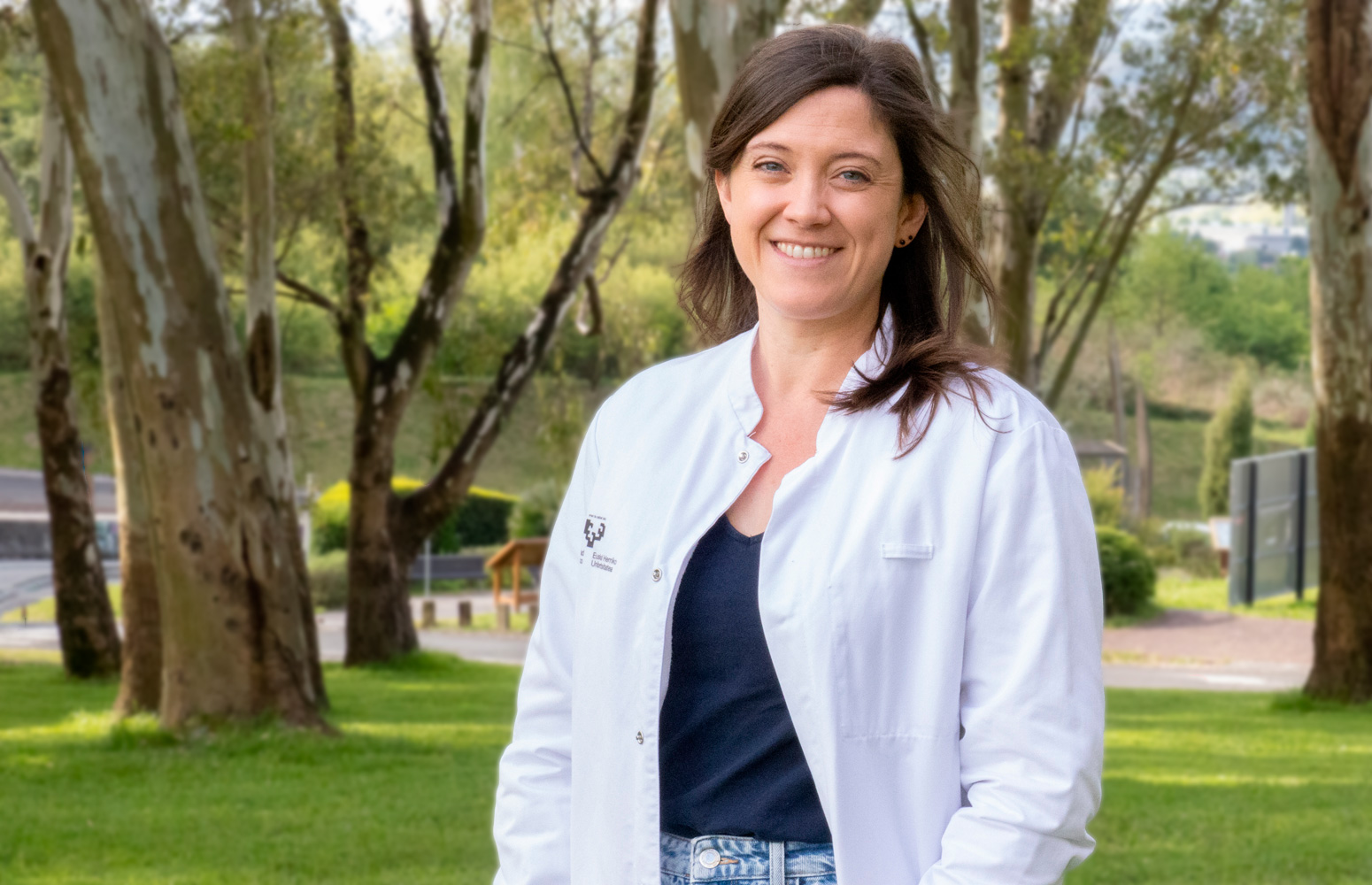The Ixa research group applies artificial intelligence to combat COVID-19
The Ixa research group receives an award in a competition focussing on AI being promoted by the United States government in the context of COVID-19
- News
First publication date: 12/05/2020

The CORD-19 competition (COVID-19 Open Research Dataset Challenge) was organised by various organisations, such as the Allen Institute for AI, Chan Zuckerberg Initiative, Georgetown University, Microsoft Research, National Institutes of Health and the White House Office of Science and Technology Policy. The organisation made available about 60,000 scientific papers on COVID-19, SARS-CoV-2 and other coronaviruses to the world research community. In parallel, it issued a call for action to AI researchers for them to apply recent advances in natural language processing in order to help the scientists who are fighting the COVID-19 disease to find the necessary information in the scientific literature.
The competition had hundreds of participants in the first phase. 10 prizes were awarded and one of them was won by the system developed in the Ixa group of the Basque Centre for Language Technology HiTZ. The UPV/EHU-University of the Basque Country researchers Arantxa Otegi and Jon Ander Campos, and the lecturers Eneko Agirre and Aitor Soroa were involved in developing the system. By analysing the above-mentioned scientific papers the system developed looks for answers to top-priority questions formulated by experts involved in COVID-19 and the SARS-CoV-2 virus. This system is useful when seeking answers to questions such as the history of the coronavirus, the transmission and diagnosis of the virus, preventive measures linked to contact between humans and animals and the lessons of previous epidemiological studies. The results of the system were evaluated by a group of experts from the NIH in the United States and the system was selected because it responded best to a set of questions on the subject: “What do we know about diagnostics and surveillance?” The subject includes specific questions such as “Is the use of screening of neutralizing antibodies such as ELISAs valid for early detection of disease?” One of the responses provided by the system was: “Serologic assays are not useful for early diagnosis as igg antibodies do not appear for 7 - 10 days after onset of symptoms” based on the article entitled “SARS: future research and vaccine” published in the journal “Paediatric Respiratory Reviews” on 31/12/2004. The questions and answers provided by the system are available here.
“This award,” said Jon Ander Campos, a pre-doctoral researcher, “recognises the work done in the Ixa group on the use of AI in language processing”. Eneko Agirre, a lecturer, added that it is also “proof of the importance of language processing systems to tackle the huge amount of information that is constantly being generated”. According to Arantxa Otegi, a post-doctoral researcher, “the system consults 60,000 papers, one sixth of which corresponds to 2020 with articles on coronavirus being published at a rate of nearly 100 articles per day, exceeding the reading capacity of scientists”.
The award-winning system was implemented within barely a month. “It uses technologies developed in the group that allow neural networks to be trained to respond to questions posed in natural language and to seek possible answers across huge quantities of documents. What is more, the system developed for this competition is capable of assessing itself and not responding if it is not sure whether the answer is correct.” As the lecturer Aitor Soroa pointed out, “that is one of the keys of this system, because that way information overload is reduced”.



